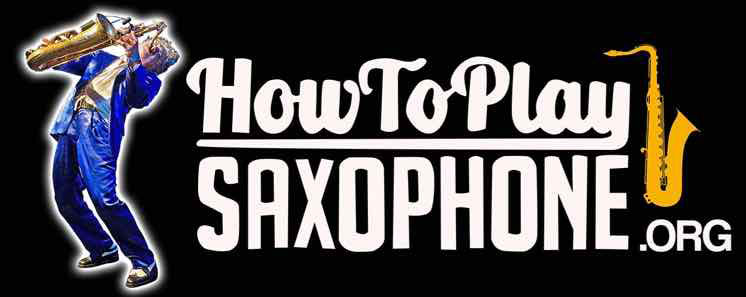Abe Sloan
Forum Replies Created
-
AuthorPosts
-
December 7, 2015 at 4:33 pm #28734
Try here. The singer is barely there.
https://www.youtube.com/watch?v=0CTxsC-kBJYSeptember 24, 2015 at 6:01 pm #25748It has taken a while (about 4 months) but I have finally finished Johnny’s beginning course and can play -memorized- all 12 major scales and their arpeggios through the range of the horn. Have started learning 7 and 9 chords. What I need to know is what course should I be looking at next? -Abe-
August 5, 2015 at 7:47 pm #23693Good to know JB. I cannot afford one anyway. When I got my new Yani 2 months ago It came with a Yani 5 mouthpiece which I found unplayable so I got a Selmer C*. Last week I gave the Yani mp another try and and I really like it. It plays in tune better up and down the horn and the tones at both ends are much easier. Next is reeds. My teacher says that it will take 6 more months for the changes that I am going through now to yield to stability. Practice, patience, patient practice, and practice patience, his formula for eventual success.
August 2, 2015 at 3:48 pm #23532So JB, What can you tell us about that mouthpiece?
August 2, 2015 at 3:36 pm #23530Lauren,
I suggest that you take a look at the book THE MUSICIANS WAY by Gerald Klickstein. It is a good guide on how to approach and achieve your goals from how to approach your practice sessions to how to prepare for a performance. You can see some excerpts about practicing on the Amazon web site and that might be all you need right now.July 23, 2015 at 5:23 am #23097My favorite MONEY is by Stevie Wonder who, by the way, does not read music at all. Here is the Youtube link: https://www.youtube.com/watch?v=XsyT3Tqe7VI
July 22, 2015 at 4:16 pm #23079I was wondering if you who feel you cannot play by ear are able to sing, hum or whistle a tune? One of my exercises is to take a very simple tune like Twinkle…Star, and play it starting on every note of the chromatic scale from the lowest B flat to the G# that sits on the top line. Sometimes I have to fish around to find the right note, but less and less as I learn the scales. So, if I start on C, I know that if I am about to hit a sharp or flat note it probably won’t fit. Also, as I have struggled with scales, I have learned that if I just close my eyes and play do-re-mi-so… on my horn like we were taught to sing it in grade school. Then I can go back and “read” the scales. It seems a little backwards but we all learned to understand and speak words (verbal notes) and phrases (verbal scales, chords and licks) before we learned to read words. So what is backward, really? In the end the only way to progress is to get as much help as we can and find our own ways to improve.
July 21, 2015 at 10:34 pm #23031Hey Tim,
Thanks for sharing. I also am a retired graybeard at age 75. Have been back with the sax about 3 months now which is long enough to dispel the embellished memories of what I could do years ago. It is great to have the so much time to practice and a budget that allows for lessons. My practice schedule allows 2 t0 3.5 hours a day as the summer heat here keeps me in the house instead of out in my wood shop – the other hobby. My basic practice is like yours- mouthpiece, long tones, scales – and occupies about half of my practice time. Materials I use include the Klose Exercises, plus Scale Studies, Chord Studies, Reading Studies and Berklee Practice practice Method, all from Berklee press. Even though I started college with a music scholarship won in an amateur contest, I could not read music. I was able to imitate all I needed at that level after hearing it a couple of times. I have been told that this is probably because I have the gift of dyslexia, which in short means that the path of least resistance into my brain is through my ears, not my eyes. This also required increased memory development. So I am hoping to be able to read well enough to audition for our community band in the fall. I am also hoping that internalizing all those various types of scales and associated arpeggios will get me past being able to only imitate simple melodies toward real improvising. Guess we all have our major pains. But, he effort seems to yield much more than just the ability to make pleasant noises come out of the other end of a horn.July 10, 2015 at 4:40 am #22608My teacher has me move forward to the edge of my chair and hold the sax in front of me between my legs to help relax my right hand and wrist. I am getting used to that position which seemed a bit awkward at first but forces me to sit up straight or else have pain in my neck.
July 9, 2015 at 12:23 pm #22583check yourself out in a mirror and maybe you can discover what is going on.
-
AuthorPosts
